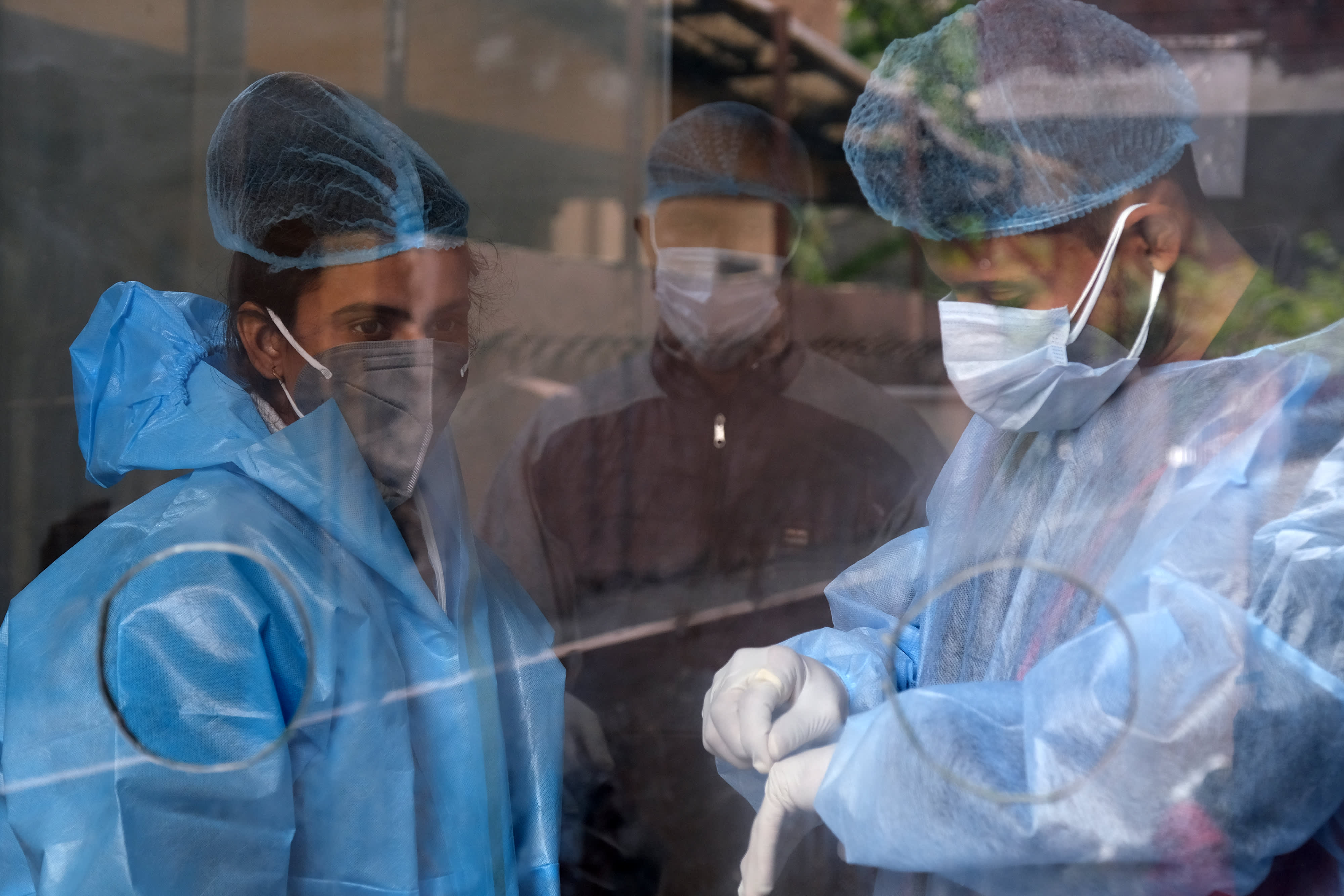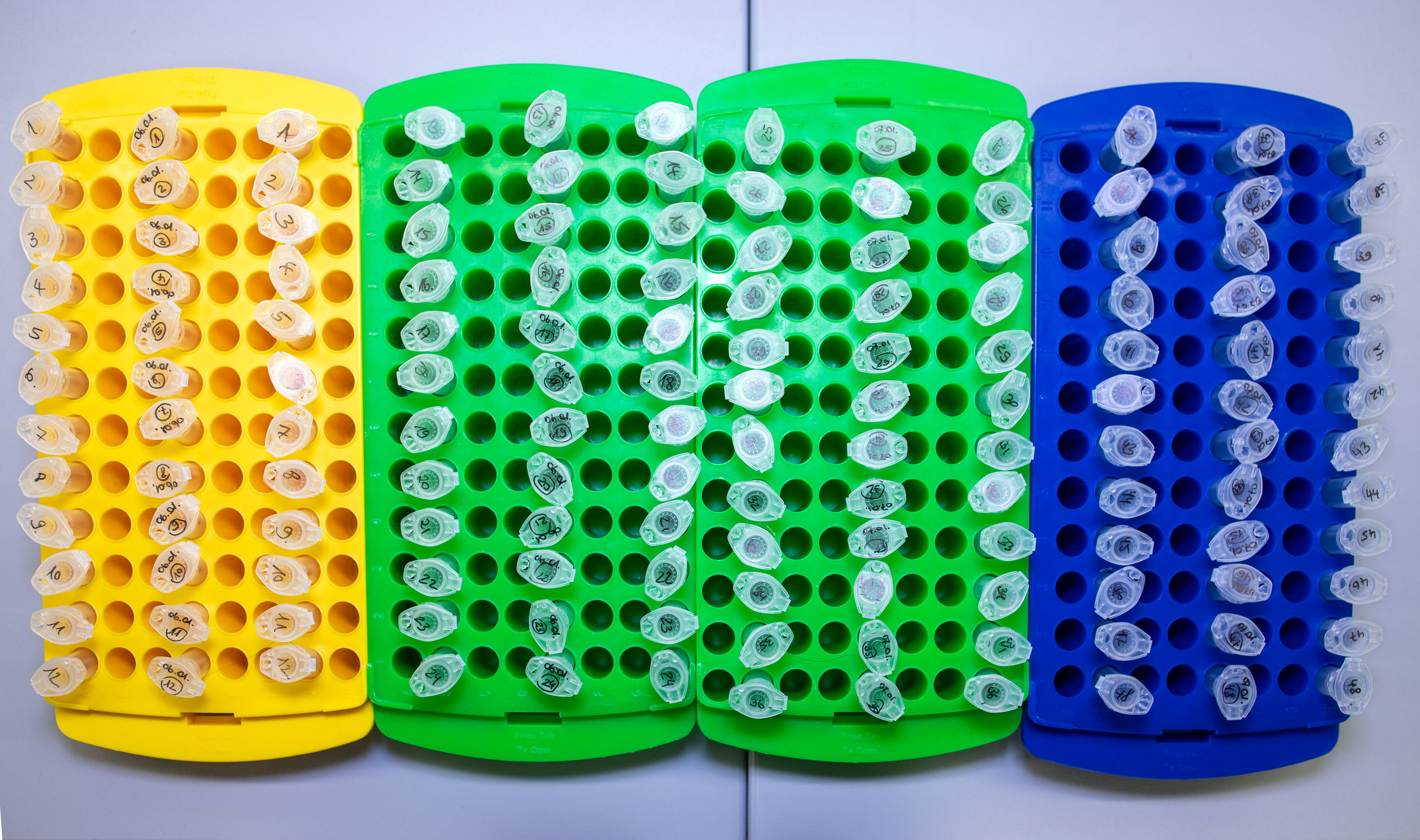The first case of the BA.2 omicron subvariant, often called "stealth omicron," has been detected in Illinois, Northwestern University officials said Monday.
The case was discovered by Northwestern Medicine’s Center for Pathogen Genomics and Microbial Evolution (CPGME) over the weekend, according to a news release from university officials.
The individual who contracted the variant was tested for COVID-19 on Jan. 18, however additional information about the person, including where in Illinois they're located, wasn't available. It isn't the first case to be detected in the Midwest as a Milwaukee County health official said Monday the subvariant had also been reported in Wisconsin.
Scientists with Northwestern's Feinberg School of Medicine say the subvariant's arrival is no surprise.
"“Now the question is whether the new subvariant will extend the tail of cases infected with omicron,” Ramon Lorenzo-Redondo, the bioinformatics director at CPGME, stated in the news release.
BA.2 is a specific variant of omicron, known as BA.1, and it carries a number of additional mutations that are thought to make it even more transmissible, said Judd Hultquist, associate director of CPGME.
The World Health Organization classifies omicron overall as a variant of concern, but it doesn’t single out BA.2 with a designation of its own.
The variant has been reported in more than 40 countries. In some places where BA.2 is more prevalent, case numbers have plateaued, Northwestern officials said.
As a result of its rise, the WHO says investigations of BA.2 “should be prioritized."
"If BA.2 follows the same pattern in the U.S. as observed in countries like the United Kingdom, Denmark or India, we could observe a slowing of the current decline in new cases. In this case, the number of new cases could stabilize for a while before starting to decrease again,” Lorenzo-Redondo said. “It is still too soon to know because there are still very few BA.2 cases in the U.S.”
Feeling out of the loop? We'll catch you up on the Chicago news you need to know. Sign up for the weekly> Chicago Catch-Up newsletter.
An initial analysis by scientists in Denmark shows no differences in hospitalizations for BA.2 compared with the original omicron. Scientists there are still looking into this version's infectiousness and how well current vaccines work against it. It's also unclear how well treatments will work against it.
Northwestern scientists state preliminary data shows full vaccination and booster shots are similarly effective in preventing symptomatic cases of both BA.1 and B.2. They note vaccination without a booster shot isn't as effective against either version.




